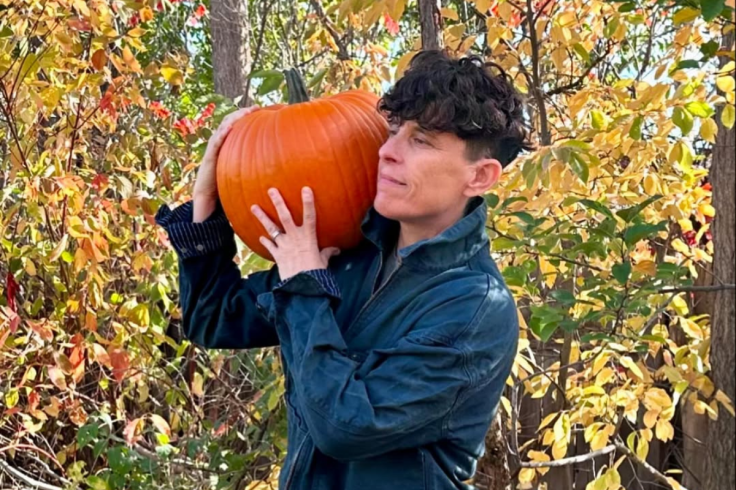Celebrated Poet Andrea Gibson Passes Away After Four-Year Battle Against Terminal Ovarian Cancer
Known for their raw, compassionate work on identity, trauma, and mortality, Gibson leaves behind a legacy of healing poetry and human connection

Andrea Gibson, Colorado's 10th poet laureate and one of the most powerful voices in contemporary spoken word, died on Monday at the age of 49. They passed away peacefully at home, surrounded by loved ones and poetry.
Gibson had been living with ovarian cancer since their diagnosis in August 2021. Despite the illness, they continued to write and perform, allowing their final years to be shaped not by fear, but by creative expression and vulnerability.
A Poet Who Made Space for Everyone
For over two decades, Gibson used poetry not just to speak but to create space for others to be heard. Their work explored trauma, queerness, mental health and mortality. They did not shy away from discomfort. Instead, they met it head-on, one line at a time.
In 2023, Gibson became Colorado's poet laureate, making history as the first nonbinary writer to hold the title. It was a milestone for representation, but more importantly, it recognised what they had always done—help others feel seen. Gibson never wrote for applause. They wrote so that someone, somewhere, might feel a little less alone.
From Quiet Stages to Global Reach
Gibson began performing in modest venues—small corners of coffee shops and basement poetry nights. But their words carried far. Their 2008 breakout collection Pole Dancing to Gospel Hymns became a lifeline to many, cementing their status as a leading voice in spoken word poetry.
More books followed, along with sold-out tours, awards and audio recordings. Yet the tone of their work remained intimate. Whether they were speaking to a packed theatre or whispering into a microphone, Gibson's voice was raw, personal and full of care.
You didn't just read a Gibson poem. You felt like it had read you.
Facing Death With Radical Honesty
When Gibson revealed that their cancer was terminal, their work only grew deeper. They didn't retreat. They shared their fears, their humour, their anger and their grace. They wrote about memory loss, love, and letting go—not with melodrama, but with clarity and courage.
Their final project, Come See Me in the Good Light, is a forthcoming documentary that chronicles their final year. The film includes performances, personal footage and intimate moments that reflect their unwavering creative spirit. Even as their body slowed, they remained present. They weren't preserving an image. They were creating something that could live on.
A Legacy of Healing
Following news of their death, tributes poured in from around the world. Poets, musicians, readers and activists—many of whom had never met Gibson in person—shared stories of how their words had provided strength during the hardest moments.
Colorado Governor Jared Polis described Gibson as a 'cultural treasure'. Their longtime publisher, Button Poetry, said their legacy would resonate for generations. Others, more simply, said: 'They saved me.'
Gibson never sought to be a guide. But for many, that's exactly what they became.
The Words Remain
No public memorial has been announced, and the family has asked for privacy. However, they have encouraged fans and readers to keep Gibson's poetry alive—by sharing it, reading it aloud, posting it in libraries and classrooms, or speaking it into spaces once filled with silence.
Their final moments, loved ones said, were peaceful. The room was full of love. And poetry.
Andrea Gibson did not just write about survival. They showed us how to live as if life truly mattered.
© Copyright IBTimes 2025. All rights reserved.





















